In the dynamic New Zealand housing market, the allure of homeownership is often seen as a cornerstone of financial stability and personal success. Yet, amidst rising property prices and shifting economic conditions, it's crucial to pause and consider if owning a home is truly the right choice for everyone. The Reserve Bank of New Zealand reports that property prices have surged by an average of 27% since 2020, leading to affordability concerns for many Kiwis. This article delves into the complexities of homeownership in New Zealand, analyzing why it might not be the optimal path for everyone.
Homeownership: A Double-Edged Sword
For many, owning a home represents financial security, yet it also comes with its own set of challenges. Let's explore the primary reasons why homeownership might not be suitable for everyone, particularly in the context of New Zealand's unique economic landscape.
1. High Initial Costs and Long-Term Financial Commitment
Purchasing a home involves considerable upfront expenses, including a down payment, legal fees, and ongoing maintenance costs. According to Stats NZ, the average house price in Auckland has reached NZD 1.2 million, making the required 20% down payment a substantial financial hurdle for many. Additionally, mortgage commitments can span decades, tying up financial resources that might otherwise be used for investments or savings.
2. Market Volatility and Investment Risk
Real estate markets are inherently volatile. While home values can appreciate over time, there's also the risk of depreciation, especially in areas prone to economic shifts. The MBIE highlights that regions heavily reliant on specific industries, such as tourism, may experience sharper market fluctuations, impacting property values and making homeownership a risky investment.
3. Lack of Flexibility
Owning a home ties individuals to a specific location, which can be a disadvantage for those whose careers or lifestyles require mobility. Renting offers flexibility, allowing individuals to relocate for job opportunities or personal reasons without the burden of selling a property.
4. Maintenance and Unexpected Expenses
Homeownership entails ongoing maintenance costs and the potential for unexpected repairs. A survey by Consumer NZ found that homeowners spend an average of NZD 3,000 annually on maintenance and repairs, costs that can strain budgets, particularly for first-time buyers.
5. Opportunity Cost of Alternative Investments
Investing in real estate involves tying up capital that could be directed toward other investment opportunities, such as stocks, bonds, or business ventures. According to the Reserve Bank of New Zealand, diversified investment portfolios tend to offer higher returns over the long term compared to property investments.
6. Impact on Lifestyle and Personal Freedom
Homeownership can limit lifestyle choices and personal freedom. For instance, the commitment to a mortgage may restrict travel opportunities or the ability to pursue entrepreneurial ventures, as financial resources are primarily allocated toward home expenses.
7. Emotional Stress and Pressure
The process of buying a home can be emotionally taxing, involving complex decisions and negotiations. Financial pressures, such as mortgage payments and maintenance costs, can also contribute to stress, affecting overall well-being.
8. Changing Demographics and Urbanization Trends
New Zealand is experiencing demographic shifts and increasing urbanization, influencing housing demand and affordability. Younger generations, in particular, are prioritizing experiences over material possessions, with many opting for renting to maintain a flexible lifestyle in urban centers.
Case Study: The Auckland Housing Dilemma
Problem: In Auckland, skyrocketing property prices have created an affordability crisis for first-time buyers. The average property price exceeds NZD 1 million, making homeownership increasingly unattainable for many.
Action: In response, some entrepreneurs have turned to co-living spaces and shared ownership models, offering affordable housing alternatives that cater to younger, urban populations.
Result: These innovative housing solutions have gained traction, with co-living spaces reporting occupancy rates exceeding 90% within the first year of operation, demonstrating a significant demand for flexible, affordable housing options.
Takeaway: This case highlights the potential for alternative housing models to address affordability challenges and cater to changing consumer preferences in New Zealand's urban centers.
Pros and Cons of Homeownership
When considering homeownership, it's essential to weigh the pros and cons to make an informed decision:
Pros:
- Equity Building: Owning a home allows for equity accumulation over time, potentially leading to financial security.
- Stability: Homeownership provides stability and the opportunity to establish roots in a community.
- Potential Tax Benefits: Mortgage interest deductions and property tax credits can offer financial advantages.
Cons:
- High Initial Costs: The upfront expenses of purchasing and maintaining a home can be financially burdensome.
- Market Volatility: Property values can fluctuate, posing investment risks.
- Lack of Flexibility: Owning a home can limit mobility and lifestyle choices.
Common Myths & Mistakes
Let's debunk some common myths surrounding homeownership:
Myth: Renting is Wasting Money
Reality: Renting offers flexibility and can be financially advantageous, especially in high-priced markets like Auckland, where rental costs may be lower than mortgage payments.
Myth: Property Values Always Increase
Reality: While property values can appreciate, they are subject to market volatility and economic shifts, as evidenced by recent fluctuations in New Zealand's housing market.
Myth: Homeownership is a Guaranteed Investment
Reality: Real estate investments carry risks, and returns are not guaranteed, with potential for both gains and losses.
Future Trends and Predictions
As New Zealand's housing market continues to evolve, several trends are expected to shape the future of homeownership:
- Increased Urbanization: Urban centers will continue to grow, with demand for flexible housing options, such as co-living and shared ownership, likely to rise.
- Technological Advancements: Digital platforms and AI-driven tools will streamline the home buying process, offering more accessible and transparent options for prospective buyers.
- Sustainable Development: Eco-friendly and energy-efficient housing solutions will gain prominence, aligning with New Zealand's commitment to sustainability.
Conclusion
Homeownership is a significant financial decision that requires careful consideration of both personal circumstances and market conditions. In New Zealand, where property prices are high and economic conditions are dynamic, it's crucial to weigh the pros and cons of homeownership against alternative options, such as renting or investing in diverse portfolios. By understanding the complexities of the housing market, individuals can make informed decisions that align with their financial goals and lifestyle preferences.
What's your take on homeownership in New Zealand? Share your insights below!
People Also Ask (FAQ)
- How does homeownership impact New Zealand's economy? Homeownership contributes to economic stability but also poses challenges due to high property prices and market volatility, affecting affordability and investment strategies.
- What are the biggest misconceptions about homeownership? A common myth is that renting is always a waste of money. However, in high-priced markets like Auckland, renting can be more financially viable than buying.
- What future trends could influence homeownership in New Zealand? By 2026, increased urbanization and technological advancements are expected to reshape housing options, with a shift toward flexible and sustainable living arrangements.
Related Search Queries
- New Zealand housing market trends
- Pros and cons of homeownership
- Real estate investment in New Zealand
- Renting vs. buying in Auckland
- Alternative housing solutions in NZ
- Property market predictions 2025
- Home buying guide New Zealand
- Sustainable housing trends
- Impact of urbanization on housing
- Flexible living options in NZ







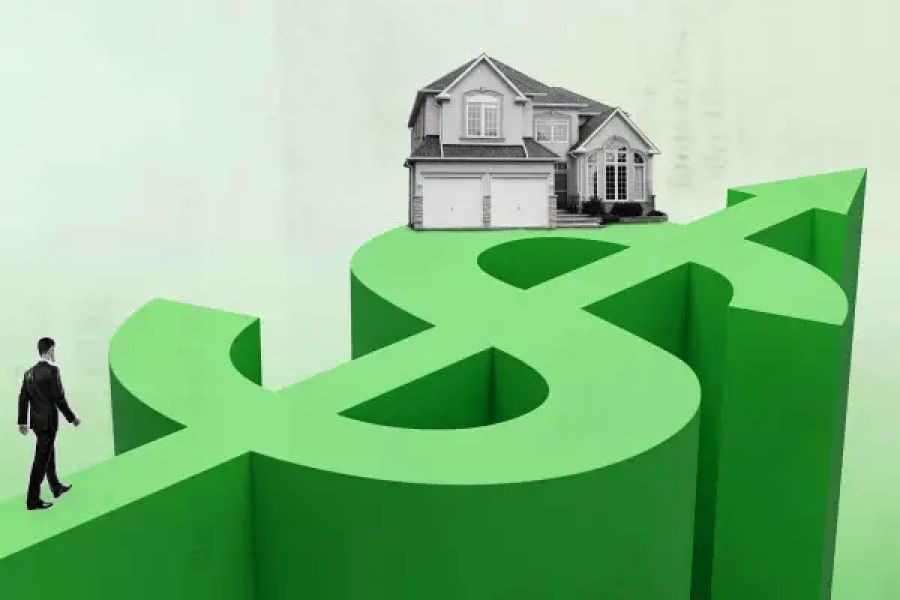


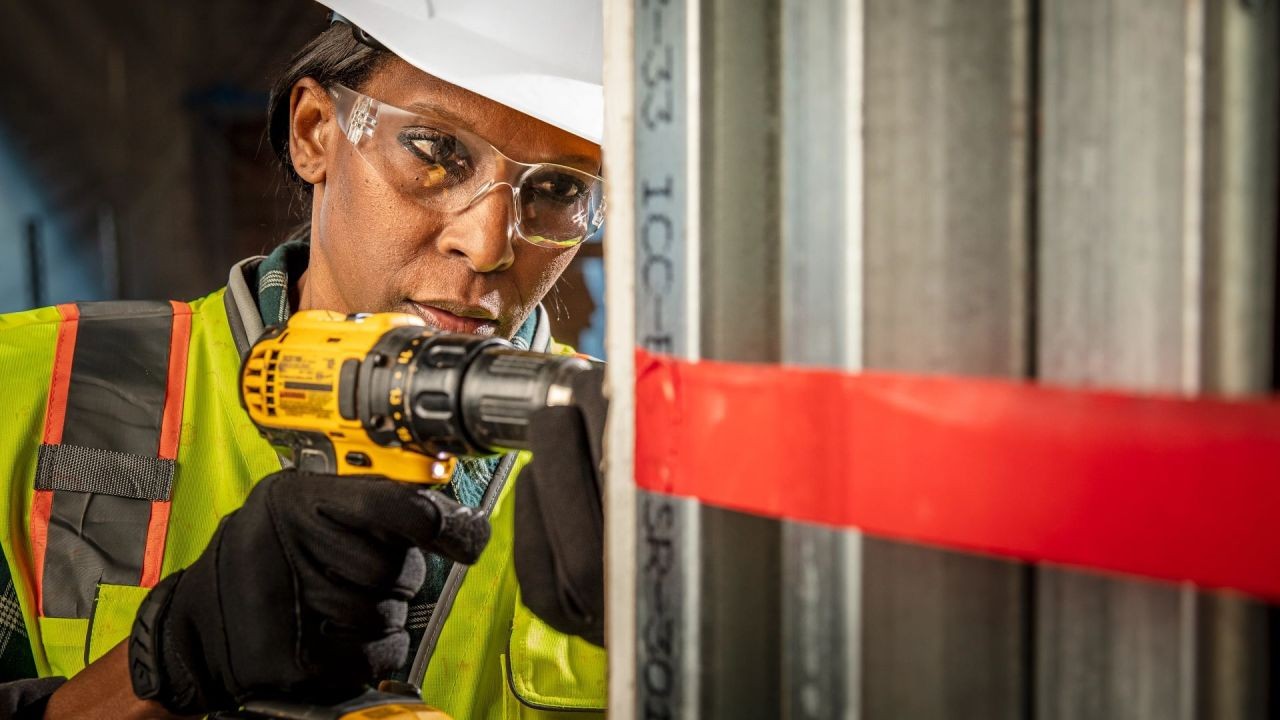
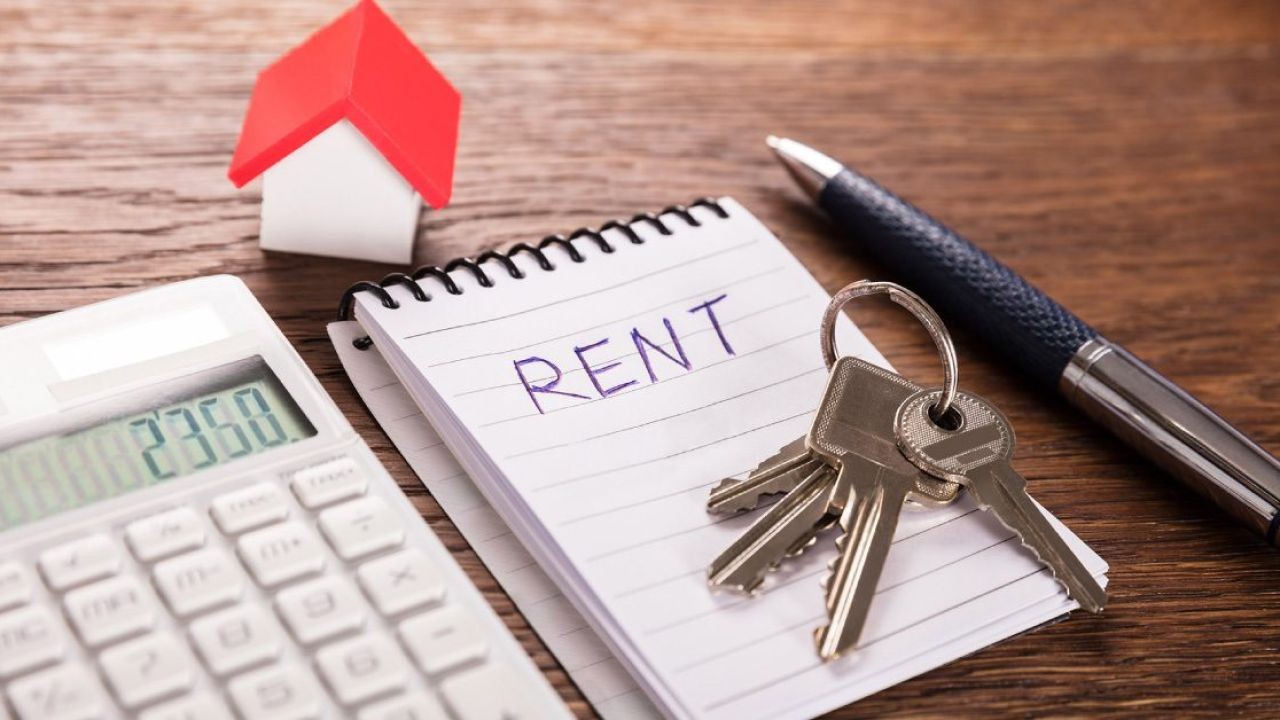
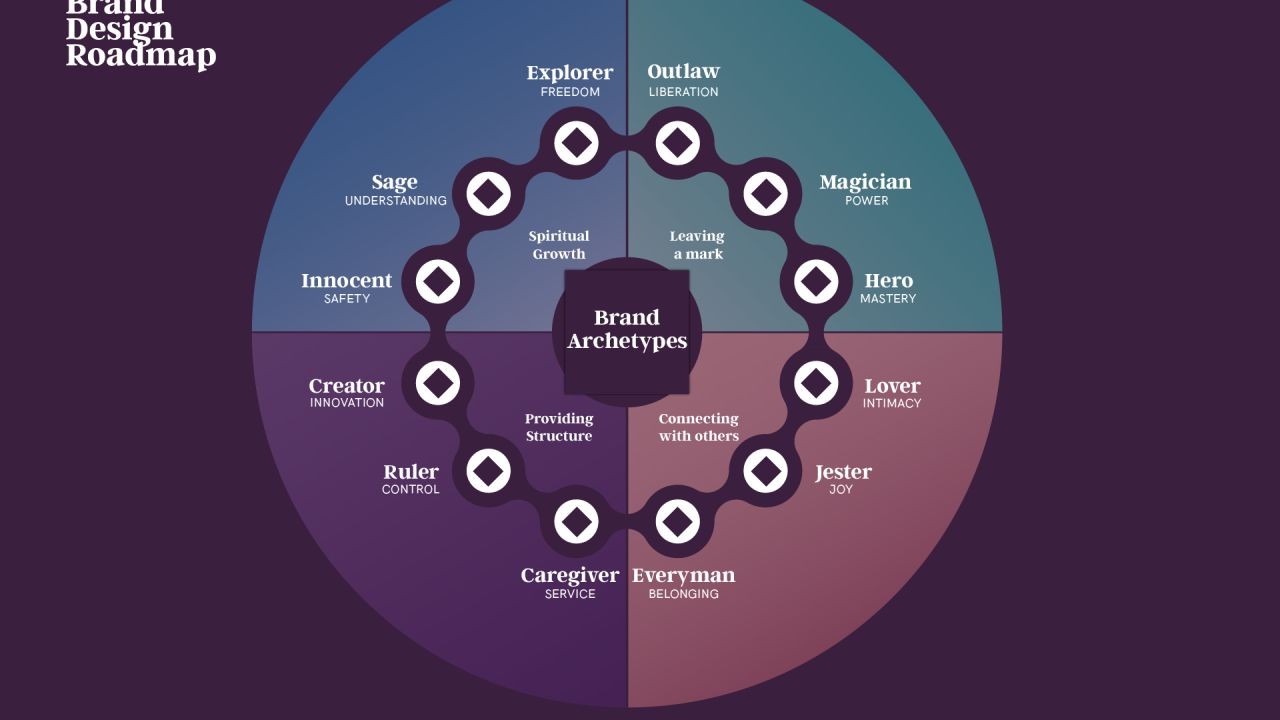

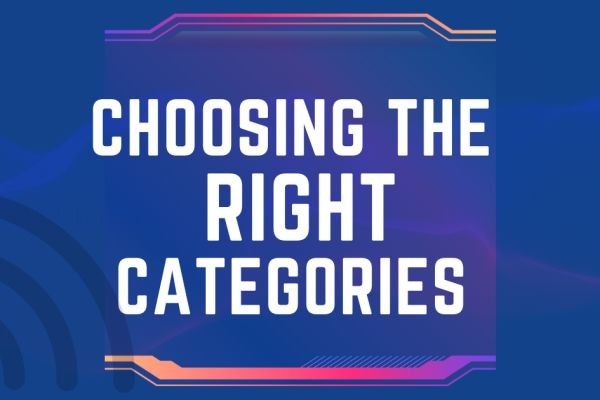







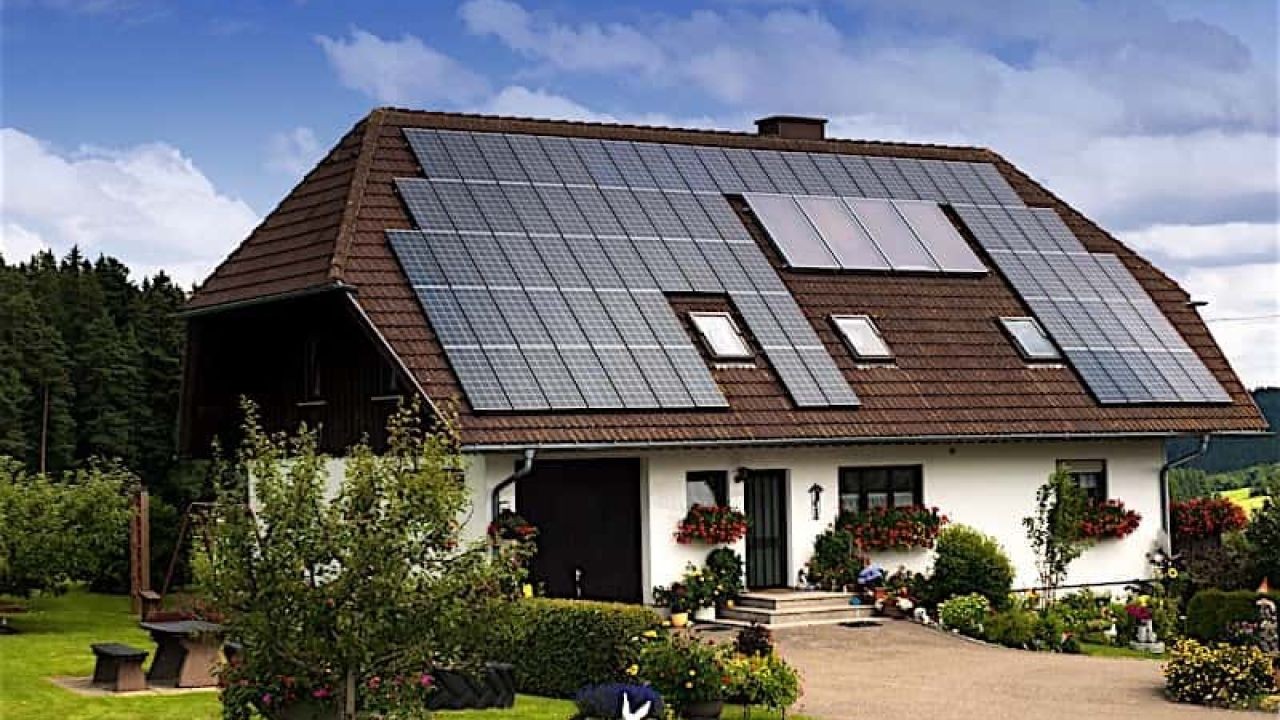










Harley Brunning
9 months ago